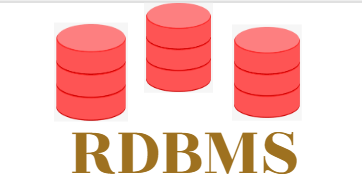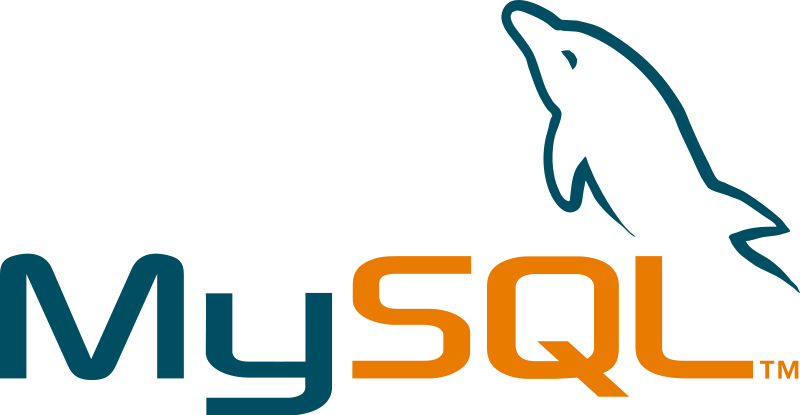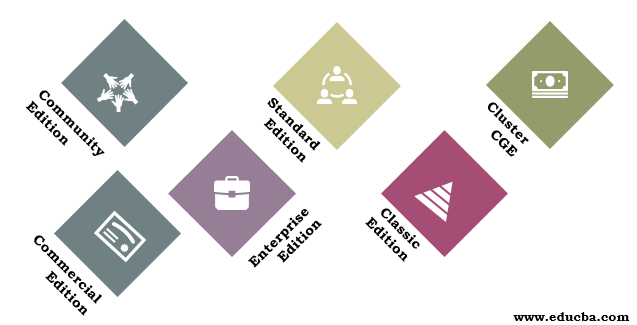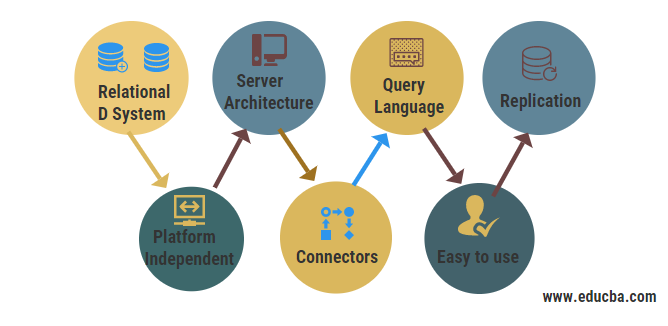Updated May 9, 2023
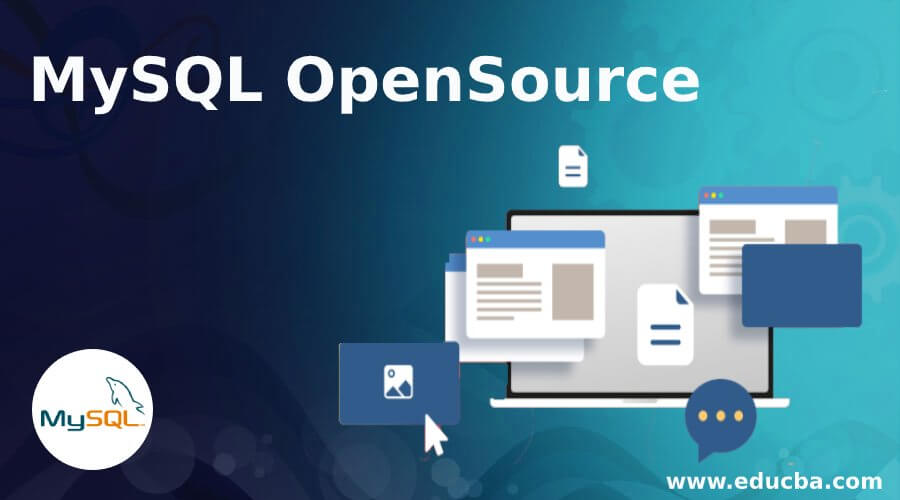
Introduction to MySQL OpenSource
The purpose of this article is to furnish information on MySQL, which is one of the RDBMS software. So before jumping into MySQL, let’s get an overview of SQL and RDBMS. SQL is an abbreviation for Structured Query Language. It is a programming language that queries structured data in the Relational Database. It is used to store, access, and manipulate data in the database. SQL provides several language elements like Clauses, Expressions, Predicates, Queries, and Statements. It also offers procedural programming capabilities that help to write the entire block of code in functions or procedures.
What is RDBMS?
RDBMS is an abbreviation for Relational Database Management System. It is a collection of programs that allows to store and manipulate the data. It always stores structured data. RDBMS stores data as database objects in a Table, which comprises a set of related entries organized in rows and columns. A database stores a group of related tables. Various companies like Oracle, MySQL, Microsoft SQL Server, Teradata, and many more provide RDBMS with different capabilities, but the main purpose of all the RDBMS is the same.
What is MySQL?
MySQL is an open-source relational management database system. MySQL is a fast and easy-to-use RDBMS to develop various small-scale and large-scale applications. Various applications like Joomla, WordPress, Drupal, and many more are widely using it. MySQL is popular because of the various features it has. \
Some of them are listed below:
- MySQL Software is released under an open-source license. So, there is nothing to pay for. It can be used freely.
- MySQL Software works on various operating systems and can be used with various programming languages like Java, C, C++, PHP, etc.
- MySQL Opensource uses standard SQL language to query the data.
- The maximum data size that the table stores is based on the operating system constraints on file size.
Is MySQL OpenSource?
MySQL Software is an Open-source RDBMS software. The source code of MySQL OpenSources is available under the terms of GNU General Public License and a variety of proprietary agreements. For Proprietary use, several paid versions are available that offer additional functionalities. A Swedish firm originally developed MySQL called MySQL AB, which Oracle Corporation now owns. The MySQL server software edition is available in various editions, including the Commercial edition and Community edition, which are described below:
- MySQL Community Edition: An active community of open-source developers supports the freely downloadable version of MySQL RDBMS. There are a lot of forums where users can post their queries and get all the updates on MySQL.
- MySQL Commercial Edition: MySQL is available as a paid version under this edition. The commercial edition of MySQL includes various editions of MySQL Opensource, listed below.
- MySQL Enterprise Edition: It has the most comprehensive set of features, management tools, and technical support to achieve scalability, reliability, and uptime. This reduces the risk involved in cost and complexity in deploying, developing, and managing business-critical applications.
- MySQL Standard Edition: Enables us to deliver high-performance and scalable Online Transaction Processing (OLTP) applications. It provides a transaction-safe ACID properties complaint database.
- MySQL Classic Edition: The Classic Edition serves as an embedded database for ISVs (Independent Software Vendors), OEMs (Original Equipment Manufacturers), and VARs (Value-Added Resellers) who develop read-intensive applications utilizing the MyISAM storage engine. It has been established as a zero-administration database with high-performance capabilities.
- MySQL Cluster CGE: It is a distributed database providing linear scalability and high availability. It provides features like in-memory, real-time access with transactional consistency across distributed datasets. It has a globally distributed cloud infrastructure. Also provides a replication factor for the data between clusters across geographical sites which helps to prevent data loss.
Features of MySQL Opensource
- Relational Database System: MySQL OpenSource is a relational database system.
- Client/Server Architecture: MySQL is a client-server system. A database server is installed in some systems, and many clients try to communicate with the server to query the data. The client can run on the same machine as the server, or it might be on different devices, also.
- Query Language: MySQL Opensource uses Structured Query Language is a database programming language.
- Replication: It enables the replication of the database contents on multiple computers to prevent data loss in cloud infrastructure.
- Platform Independent: You can install the MySQL server on various operating systems.
- Connectors: MySQL Opensource provides different types of connectors like ADO.Net, JDBC and ODBC, Node.Js driver, etc., to connect MySQL with various programming languages like Java, Node.Js, Python.Net, and many more.
- Easy to use: MySQL is easy to use. It is available both as an editor also as a command-line interface.
Conclusion
So, from the above points, you must know about MySQL Opensource and its availability. So, after going through the details about MySQL Opensource, we can now conclude that MySQL is one of the best RDBMS databases with many features. As we know, it is available both as an open-source and a commercial edition. Users can choose the MySQL edition based on their requirements. The open-source edition is ideal for individuals seeking to learn any RDBMS database and is helpful for learning, development, or exploration purposes, particularly for students. It can be easily downloadable and installed since the Commercial edition is a paid version. Companies or institutions can mainly use it to develop business-critical applications as this edition provides technical support like deployment, maintenance, and availability, reducing the complexity risk. The commercial edition is also available in the cloud, making it highly available.
Recommended Articles
We hope that this EDUCBA information on “MySQL OpenSource” was beneficial to you. You can view EDUCBA’s recommended articles for more information.
